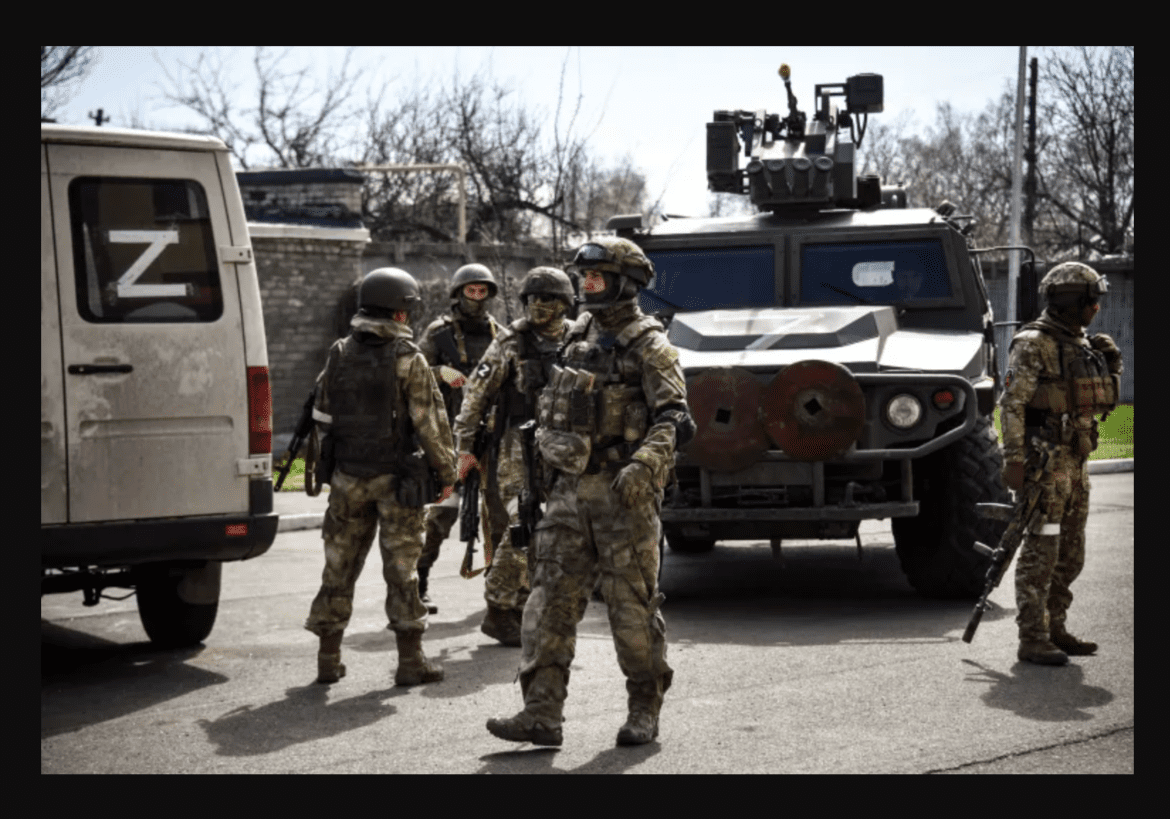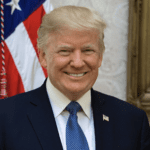Russia makes gains in Ukraine but incurs losses, sparking disputes with Western powers
Over the past week, a war of words over Ukraine took center stage as the European Union aimed to enhance its defense readiness, NATO celebrated its 75th anniversary, and Russia issued both threats and promises.
European Commission President Ursula von der Leyen addressed the European Parliament, stating her intention to pursue a defense union if re-elected for another five years, a position she ultimately secured.
“We will propose several Defence Projects of Common European Interest, starting with a European Air Shield and cyber-defence,” von der Leyen announced on Thursday, prompting warnings from Russia the following day.
Earlier this year, von der Leyen’s single market commissioner, Thierry Breton, pledged a 100-billion-euro ($109bn) investment fund for European defense industries. Although this fund has yet to materialize, von der Leyen promised to establish a dedicated defense portfolio and to drive innovation and investment.
Russian Foreign Minister Sergey Lavrov criticized the EU’s stance at the UN a day prior, stating, “It is astonishing. The European Union, which was created to ensure the wellbeing and stability of all its members, has now evolved into a NATO appendage. And now the EU is no less aggressively and, perhaps, sometimes even more aggressively demanding to inflict a defeat on Russia. What kind of strategic or any other dialogue could there be?”
Lavrov explained to reporters why Russia refused to attend a Ukrainian-organized peace summit in Switzerland last month and why it continues to refuse three upcoming mini-summits planned by Ukraine—one on energy in Qatar by early August, one on freedom of navigation in Turkey next month, and one on prisoner of war exchanges in Canada in September. All three are intended to contribute to a second peace summit in November.
Ukraine has been quietly building international consensus on various aspects of a final peace deal with Russia.
On July 11, the General Assembly voted 99-to-9 in favor of a motion calling on Russia to unilaterally end its war of aggression and withdraw its soldiers from Ukrainian territory, thereby releasing the Zaporizhzhia nuclear power station from its control.
A year into the war, 141 nations backed a similar call, and in September 2022, 143 nations condemned Russia’s formal annexation of four Ukrainian regions.
Russia attributes its aggression to NATO. Deputy head of the Russian Security Council Dmitry Medvedev stated in an interview on Wednesday that “Ukraine’s admission [to NATO] … in essence is a declaration of war, albeit a deferred one.”



